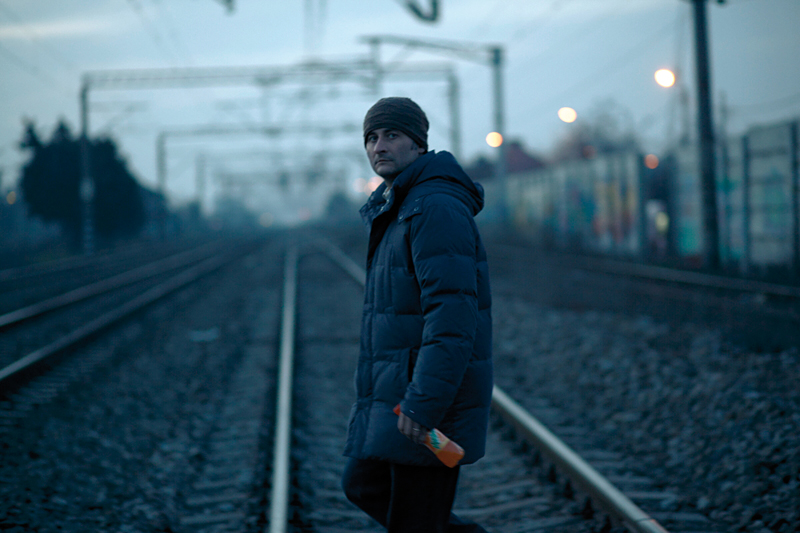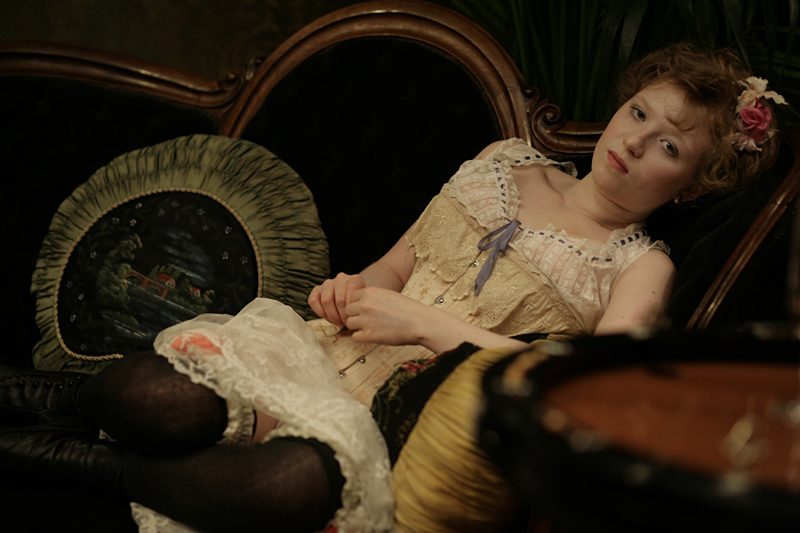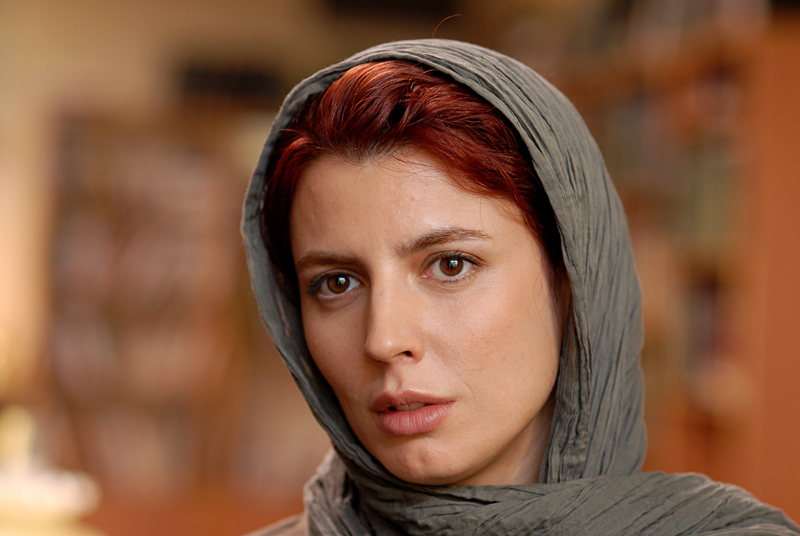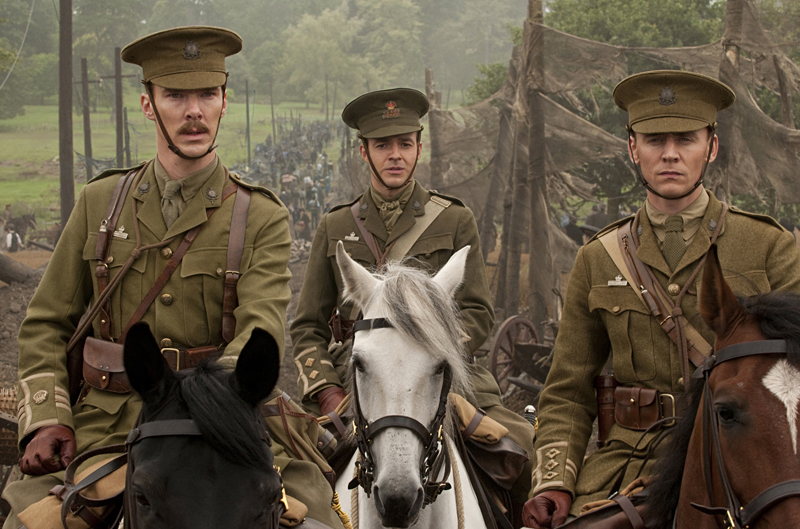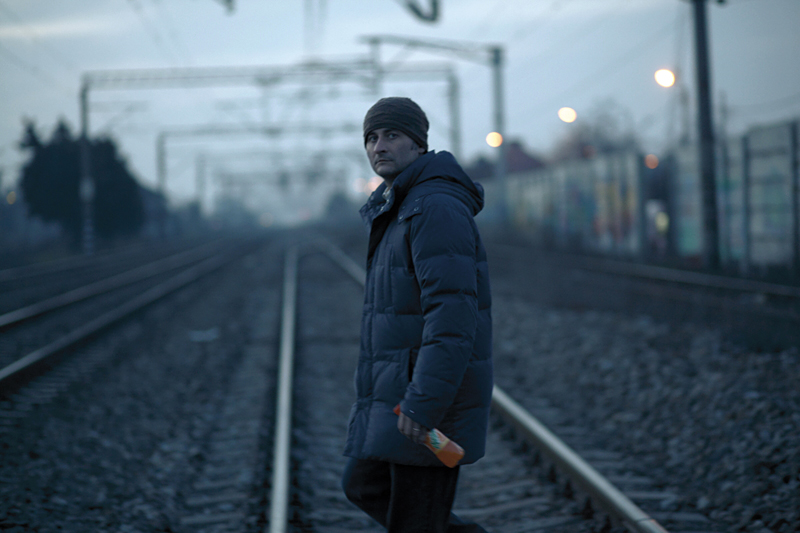Romanian director Cristi Puiu’s Aurora is a continuous search for meaning—a murder mystery, shot vérité-style, in which, for most of its three-hour running time, the only “known known” is the killer’s identity. Add another “known”: This lanky, unhappy- looking fellow, present in nearly every shot, is played by the director himself. For Aurora‘s first hour, the protagonist haunts the outskirts of Bucharest, engaging in all manner of furtive, enigmatic behavior. The mode is observational. Puiu’s expression rarely changes; he never quite understands what anyone says to him. The people he encounters are unidentified, his relationship to them not immediately apparent. Moreover, the compositions are frequently underlit or obstructed. Given the near-total absence of establishing shots and abundance of seeming non sequiturs, the viewer is under constant pressure to think backward and puzzle out just WTF is going on. A movie in which every look is an accusation, Aurora evokes a number of ideas tossed off in the lengthy “Existence of Others” section of Sartre’s Being and Nothingness. Specifically, the killer’s actions and affect embody that “shame of self” that Sartre attributes to the disconcerting recognition that we are “the object which the Other is looking at and judging.” Aurora makes a spectacle out of this dawning realization as the hyper-vigilant audience ponders the filmmaker looking at the protagonist who is also himself. Aurora is not a movie to make you glad that you exist; it’s a movie that makes you aware that you do.
Aurora: Crime and Existentialism in Romania
